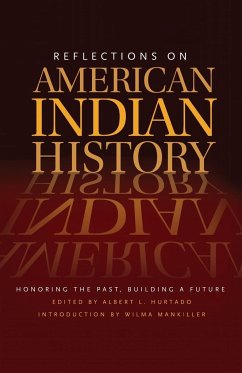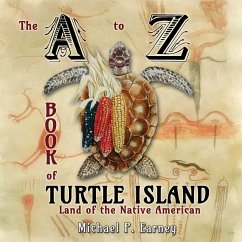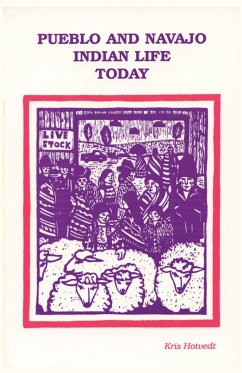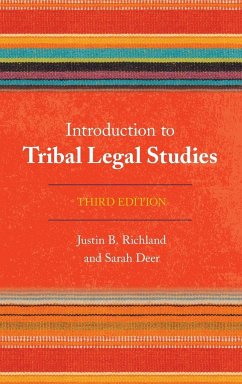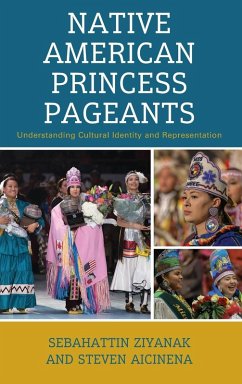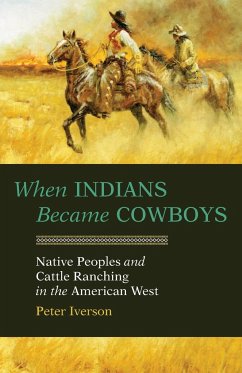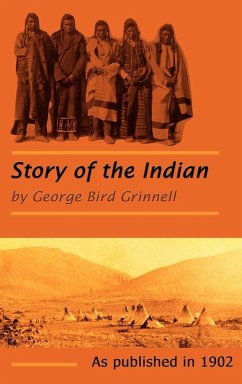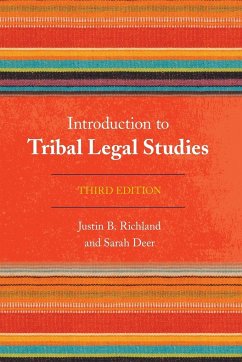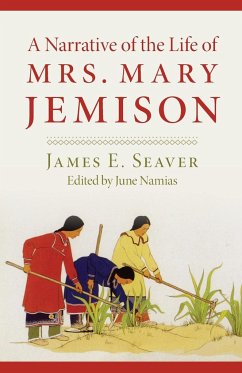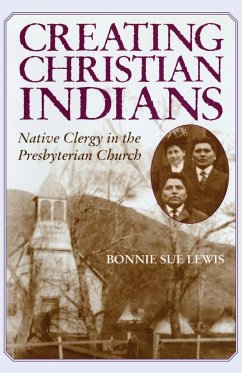
Creating Christian Indians
Native Clergy in the Presbyterian Church
Versandkostenfrei!
Versandfertig in 1-2 Wochen
29,99 €
inkl. MwSt.

PAYBACK Punkte
15 °P sammeln!
Histories of missions to American Indian communities usually tell a sad and predictable story about the destructive impact of missionary work on Native culture and religion. Many historians conclude that American Indian tribes who have maintained a cultural identity have done so only because missionaries were unable to destroy it. In Creating Christian Indians, Bonnie Sue Lewis relates how the Nez Perce and the Dakota Indians became Presbyterians yet incorporated Native culture and tradition into their new Christian identities. Lewis focuses on the rise of Native clergy and their forging of Ch...
Histories of missions to American Indian communities usually tell a sad and predictable story about the destructive impact of missionary work on Native culture and religion. Many historians conclude that American Indian tribes who have maintained a cultural identity have done so only because missionaries were unable to destroy it. In Creating Christian Indians, Bonnie Sue Lewis relates how the Nez Perce and the Dakota Indians became Presbyterians yet incorporated Native culture and tradition into their new Christian identities. Lewis focuses on the rise of Native clergy and their forging of Christian communities based on American Indian values and notions of kinship and leadership. Originally, mission work among the Nez Perces and Dakotas revolved around white missionaries, but Christianity truly took root in nineteenth-century American Indian communities with the ordination of Indian clergy. Native pastors saw in Christianity a universal message of hope and empowerment. Educated and trained within their own communities, Native ministers were able to preach in their own languages. They often acted as cultural brokers between Indian and white societies, shaping Native Presbyterianism and becoming recognized leaders in both tribal and Presbyterian circles. In 1865 the Presbyterian Church ordained John B. Renville as the first Dakota Indian minister, and in 1879 Robert Williams became the first ordained Nez Perce. By 1930, nearly forty Dakotas, sixteen Nez Perces, a Spokane, and a Makah had been ordained. Lewis has mined church and archival records, including letters from Native ministers, to reveal ways in which early Indian pastors left a heritage of committed Presbyterian congregations and a vibrant spiritual legacy among their descendants.




